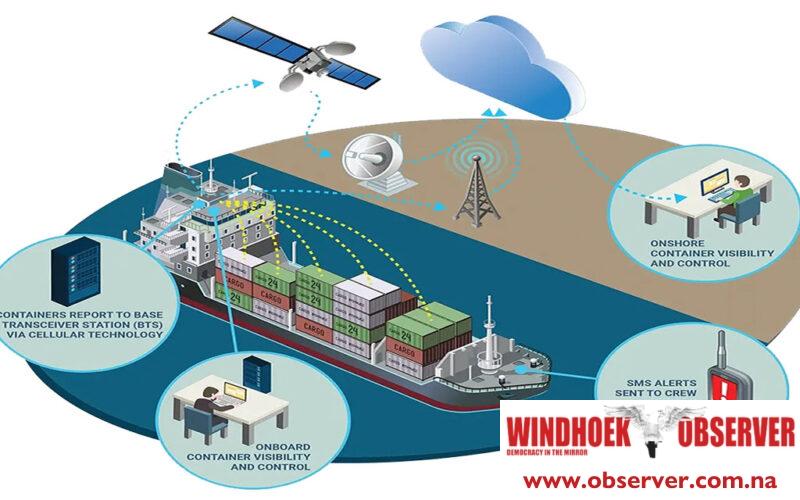Chamwe Kaira
The freight industry in Namibia, South Africa and Botswana must move with the times and introduce smart corridors and the use of smart containers embedded with sensors and tracking technology such as GPS and Radio Frequency Identification (RFID) chips, allowing manufacturers, carriers, and shippers to monitor their cargo more accurately.
Leslie Mlungisi Mpofu, the Executive Director of the Trans Kalahari Corridor believes that a number of benefits may be realised by adopting new generation technologies and these include enabling various information systems to work together in the most effective way possible, promoting safe and secure borders, offering authorised traders end to end premium procedures, enhancing rapid release and eliminating redundant and repetitive data.
He said key industry players agree that emerging technologies have introduced new risks and opportunities, requiring a rapid and innovative response from industry leaders and authorities.
“To ease such challenges countries must be willing to adopt next generation technologies. These technologies can help minimise risk and improve border security and customer service delivery as well as staff morale.”
He believes that the transport sector is one of the key enabling sectors of the economy that wields economic, commercial and strategic relevance for improved quality of life, business opportunity, access to amenities and national security.
Furthermore, Mpofu is of the opinion that trade facilitation and logistics are an important policy area
in development.
“Supply chain constraints are recognized as major impediments to export-led growth. The TKCMC strive to eliminate such impediments. Trans Kalahari Corridor Management Committee (TKCMC) goal is to identify the obstacles to the fluidity of trade supply chain and act to rectify such,” he said.
He added that the TKCMC work programme is underpinned by the desire to improve logistics performance amongst the three dimensions of infrastructure, services and procedures and processes.
Mpofu said there is need for coordinated investment in the physical infrastructure and the design of safety and environmental rules, like road safety, security, transportation of dangerous goods and gas emission standards.
“To address these, policy reforms are imperative. The private sector needs to support such reforms and champion them.
Executive Director said there is need to derive sustainable strategies and programmes to facilitate the rehabilitation and expansion of the region’s infrastructure networks and facilities, and also to improve on the quality and reliability of the logistical services provided in terms of such infrastructure and facilities.
He said there is need to secure greater levels of private sector investment that supports a broader socio- economic development process.




